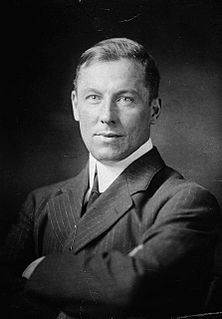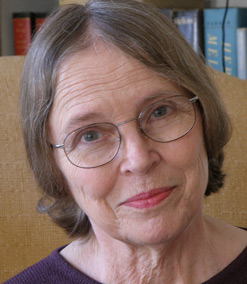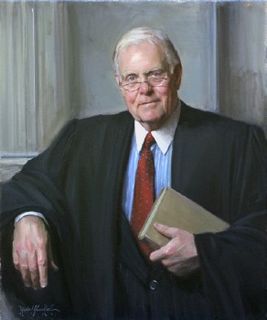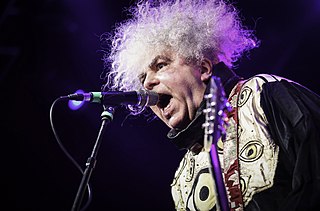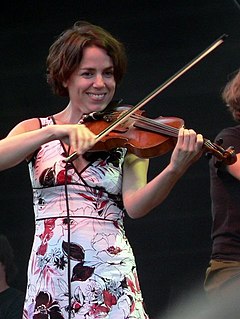A Quote by David Ives
I think everything should be in verse. 'The New York Times' should be in verse.
Quote Topics
Related Quotes
Whatever you think The Uni-verse is withholding from you, YOU are withholding from The Uni-verse. If you think that The Uni-verse isn't answering your prayers, chances are you aren't listening to your intuition and following it. You are so scared that you ask for new intuition, but that's not how life works. The Uni-verse is constantly whispering to you, nudging you to trust It and take a leap. But if you don't take the leap of faith, then The Uni-verse can't open any more doors for you.
Many times, though, when people feel as if The Uni-verse has abandoned them, the truth is that they have abandoned their dreams, and as a result they have abandoned The Uni-verse. What we think is being done TO US, we are actually doing TO ourselves. It's a totally crazy reversal that is true most of the time.
One of my main problems with music is that the basic formula is always the same: verse, chorus, verse, chorus, bridge, verse, chorus, chorus, chorus, end. One of the bands that changed that was The Beatles. If you listen to 'Everybody's Got Something to Hide Except Me and My Monkey.' It's three verses, bridge, end.
I didn't know how write a song, (verse, chorus, verse, chorus, bridge, chorus, bridge, verse), etc., and I didn't know how to write lyrics, so that's when I thought, well, I don't have to write a song with all those verses and choruses or lyrics. I can just sing everything the way I want to. So I sang all the instruments with my voice and just went with it.
Verse in itself does not constitute poetry. Verse is only an elegant vestment for a beautiful form. Poetry can express itself in prose, but it does so more perfectly under the grace and majesty of verse. It is poetry of soul that inspires noble sentiments and noble actions as well as noble writings.


